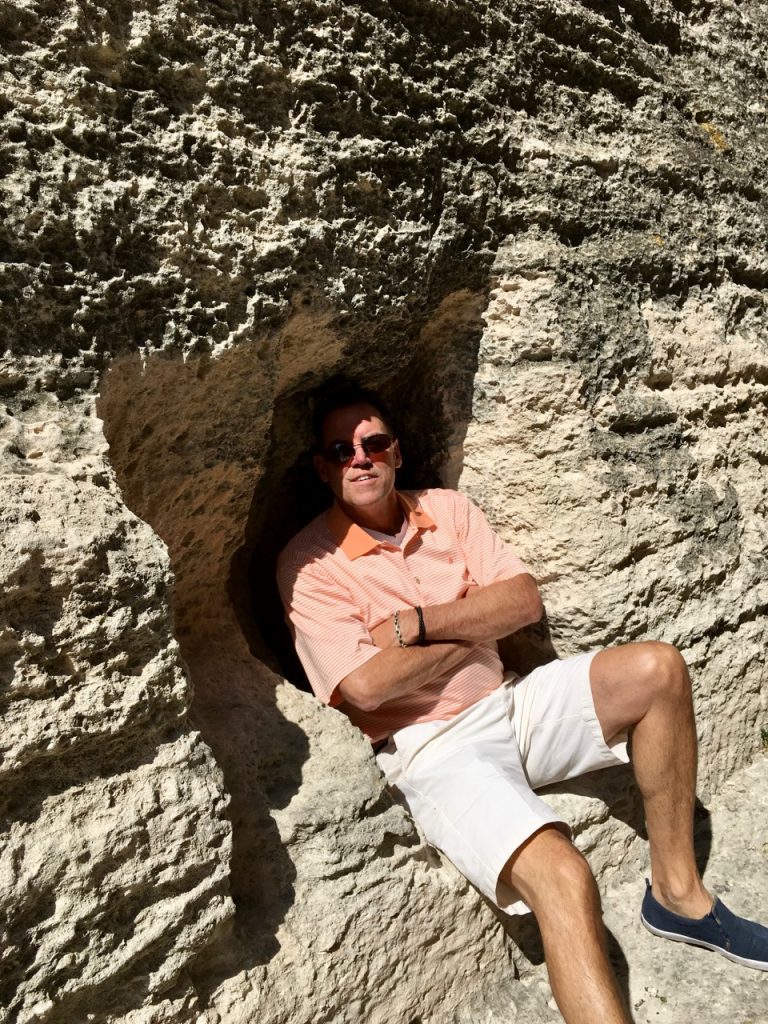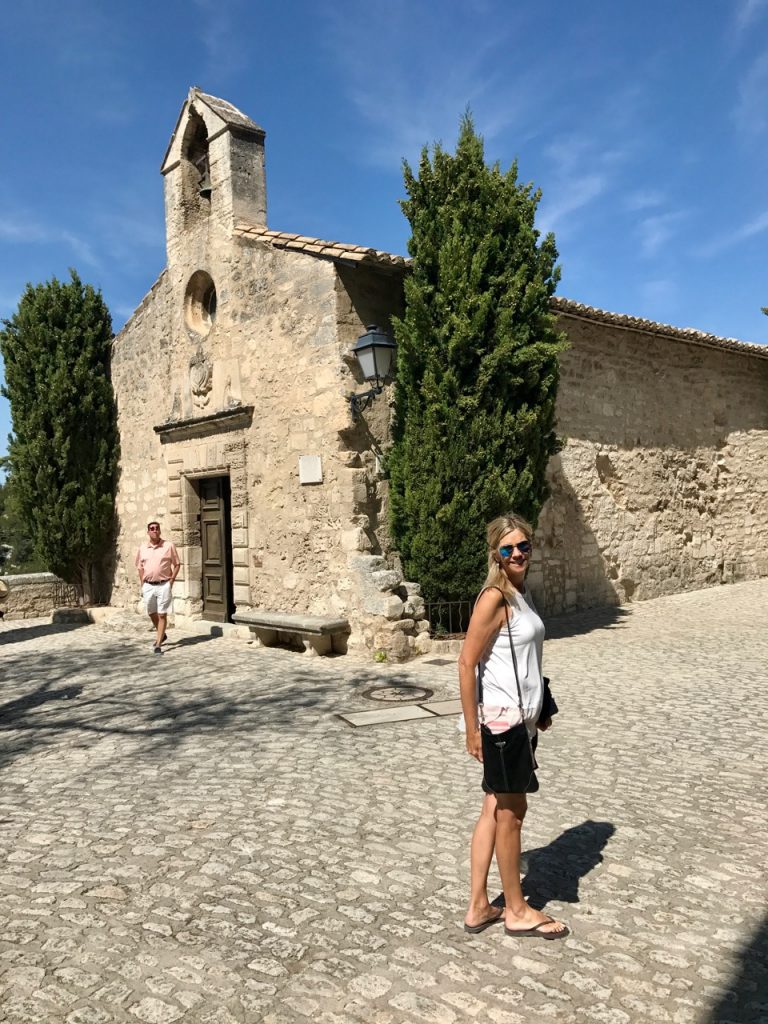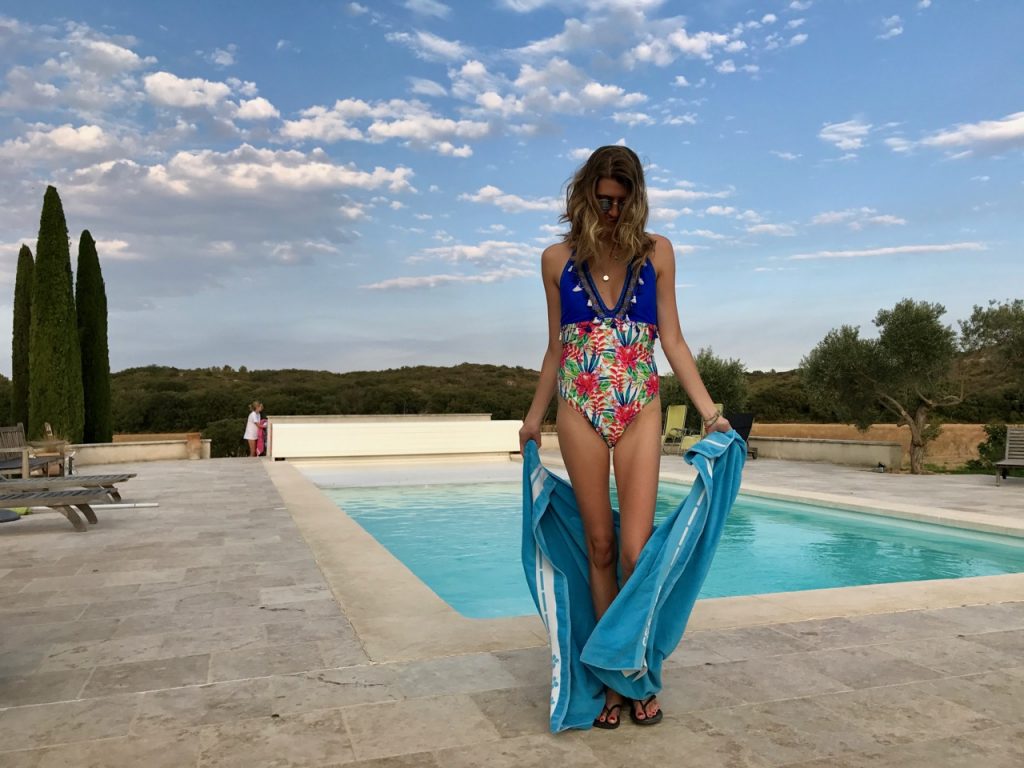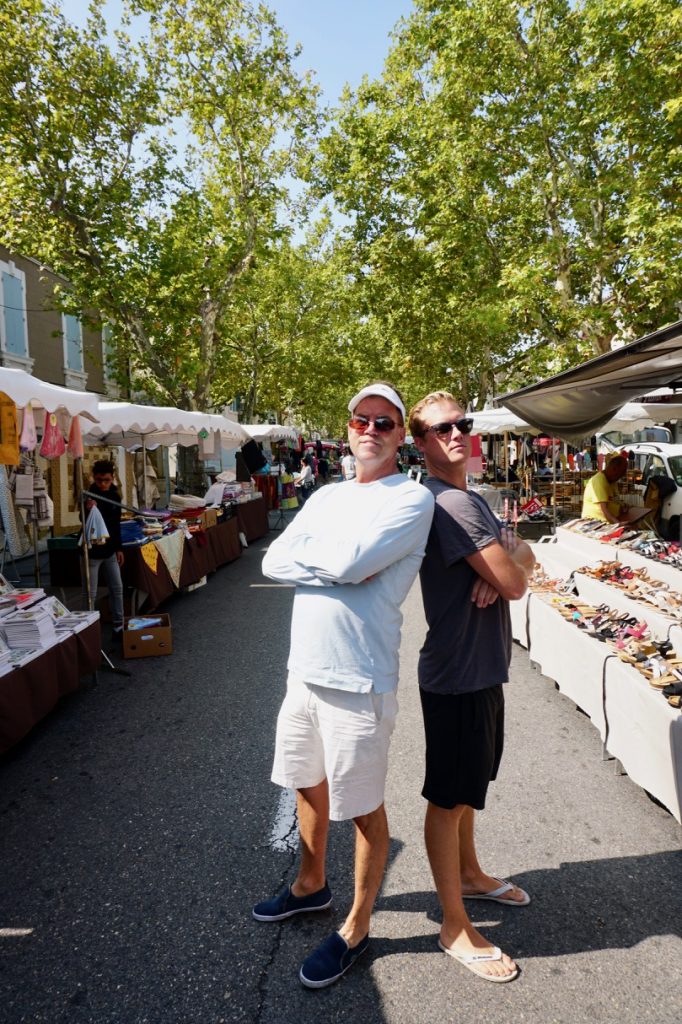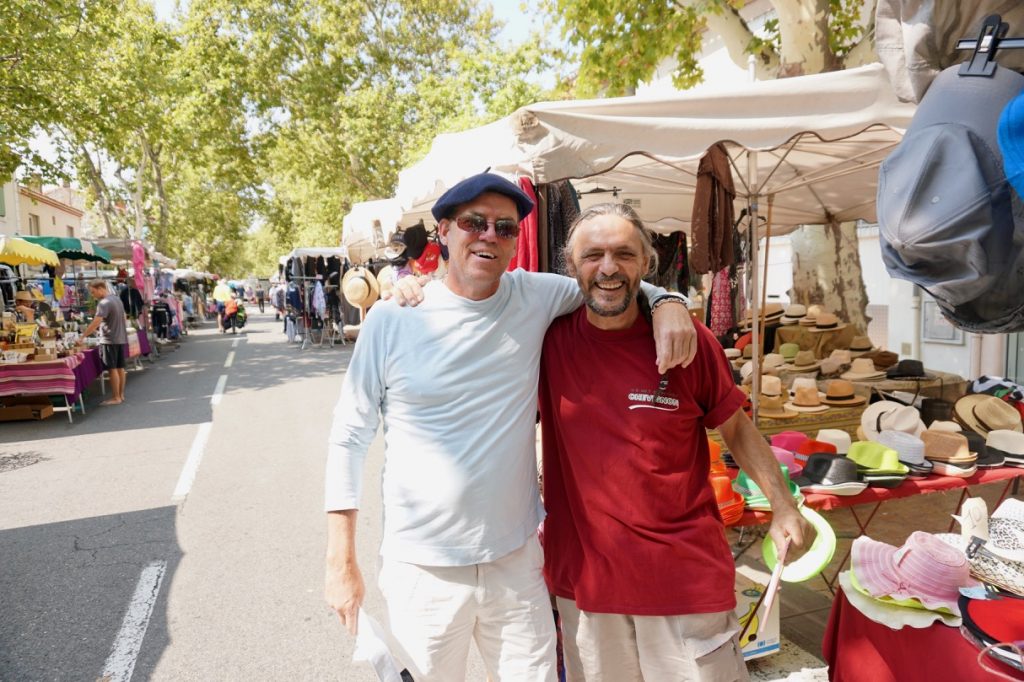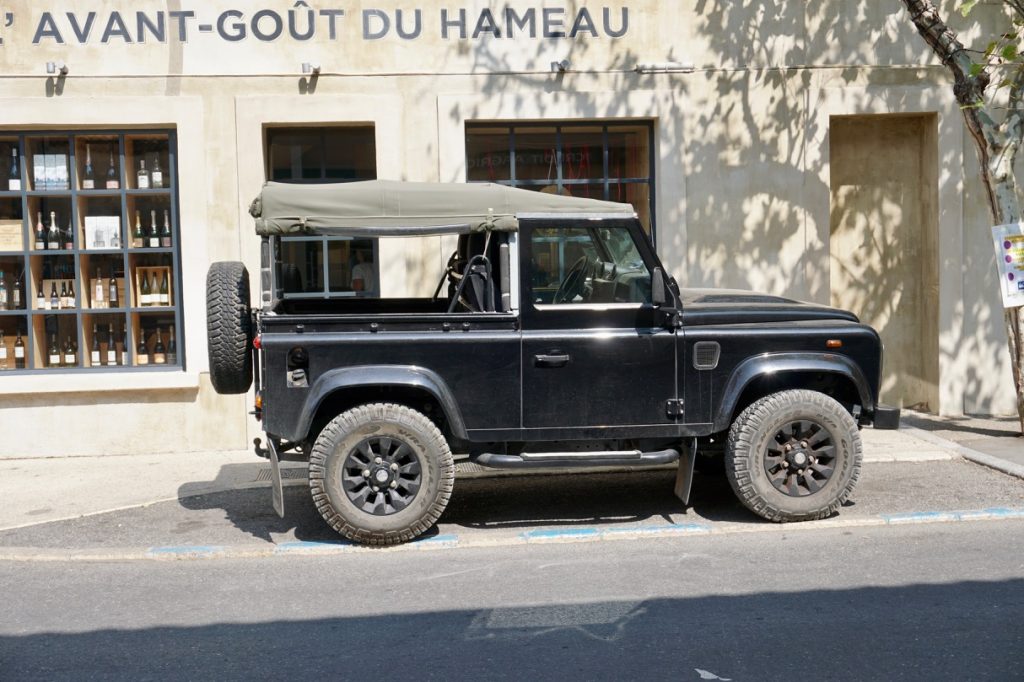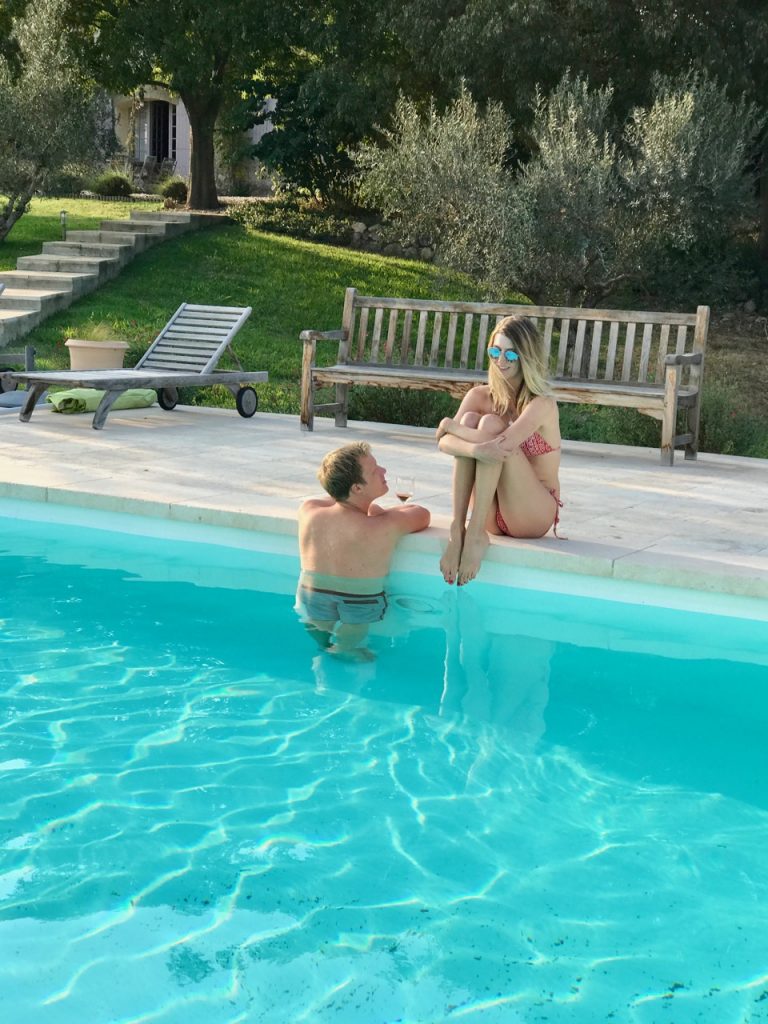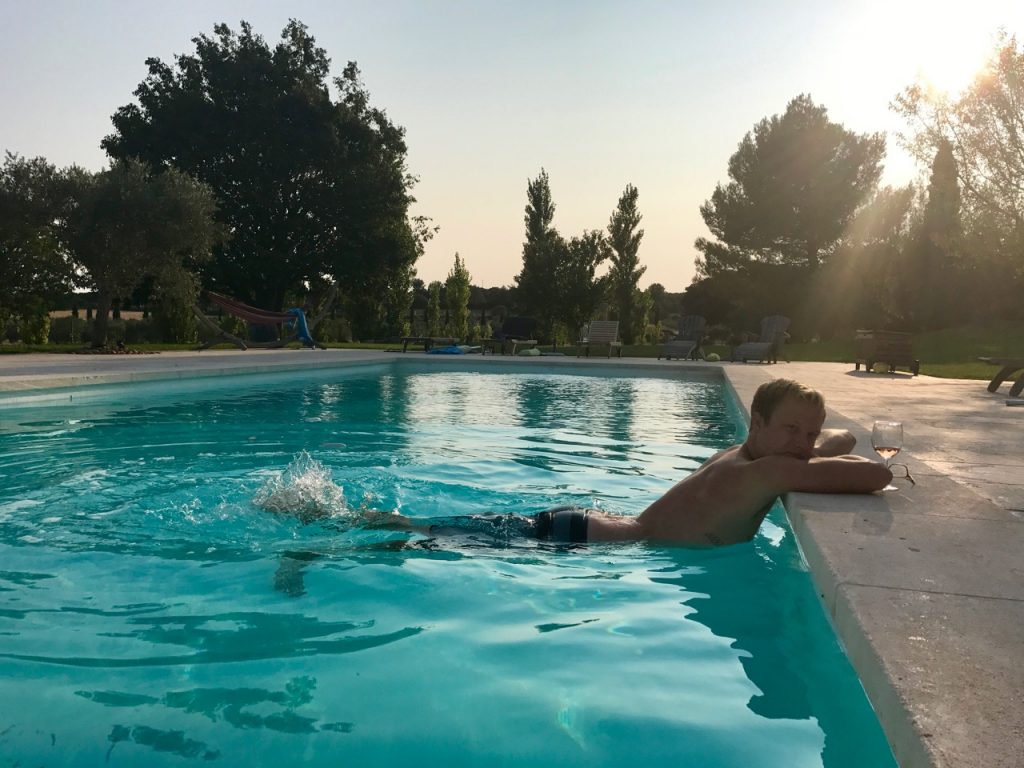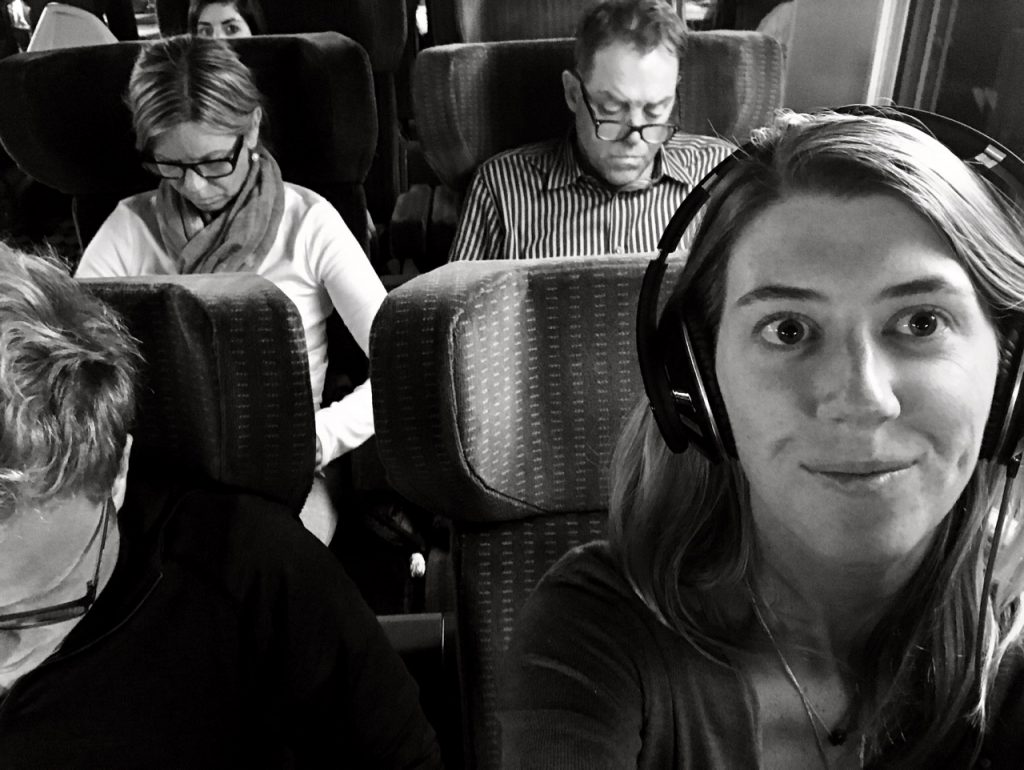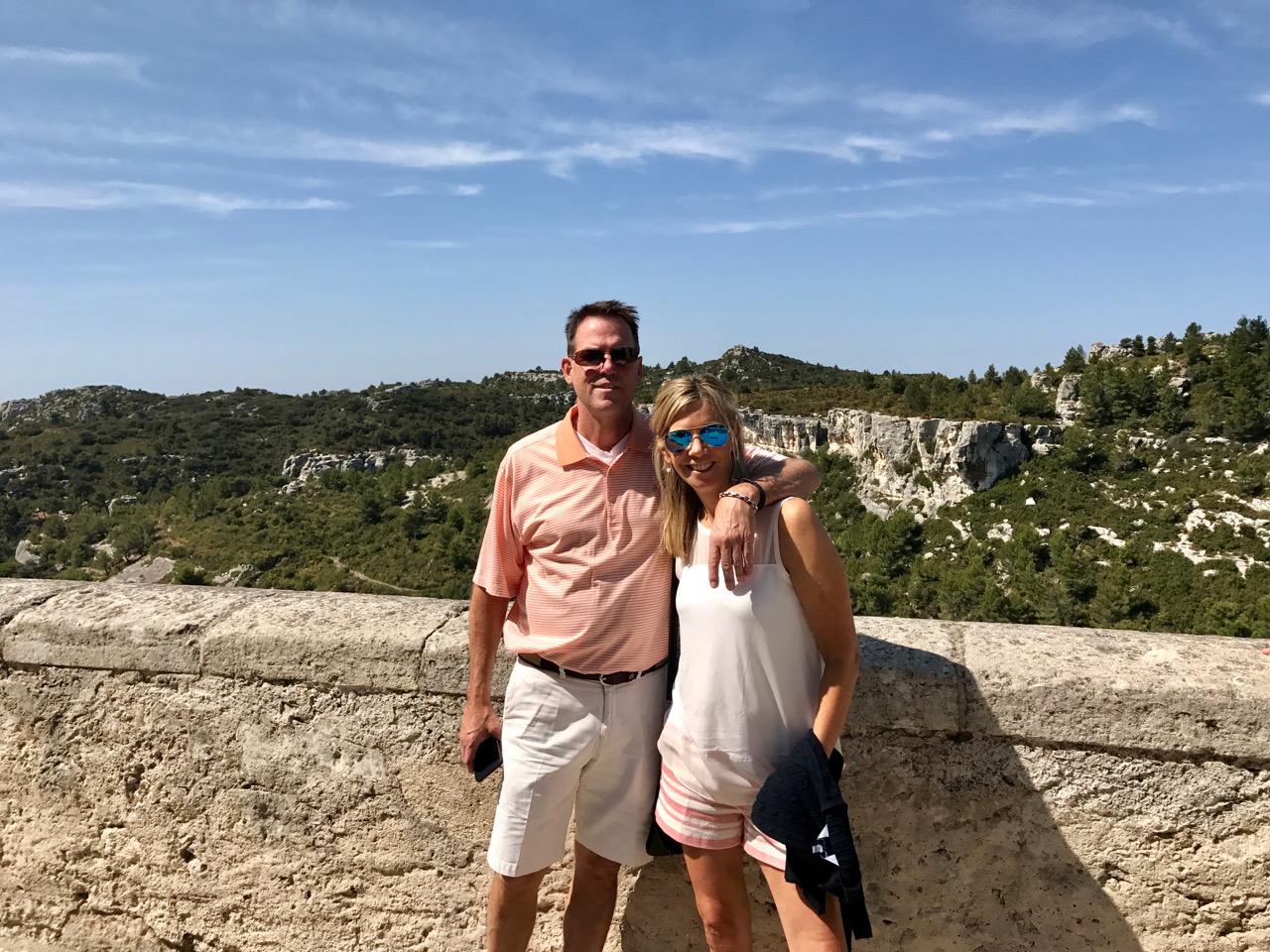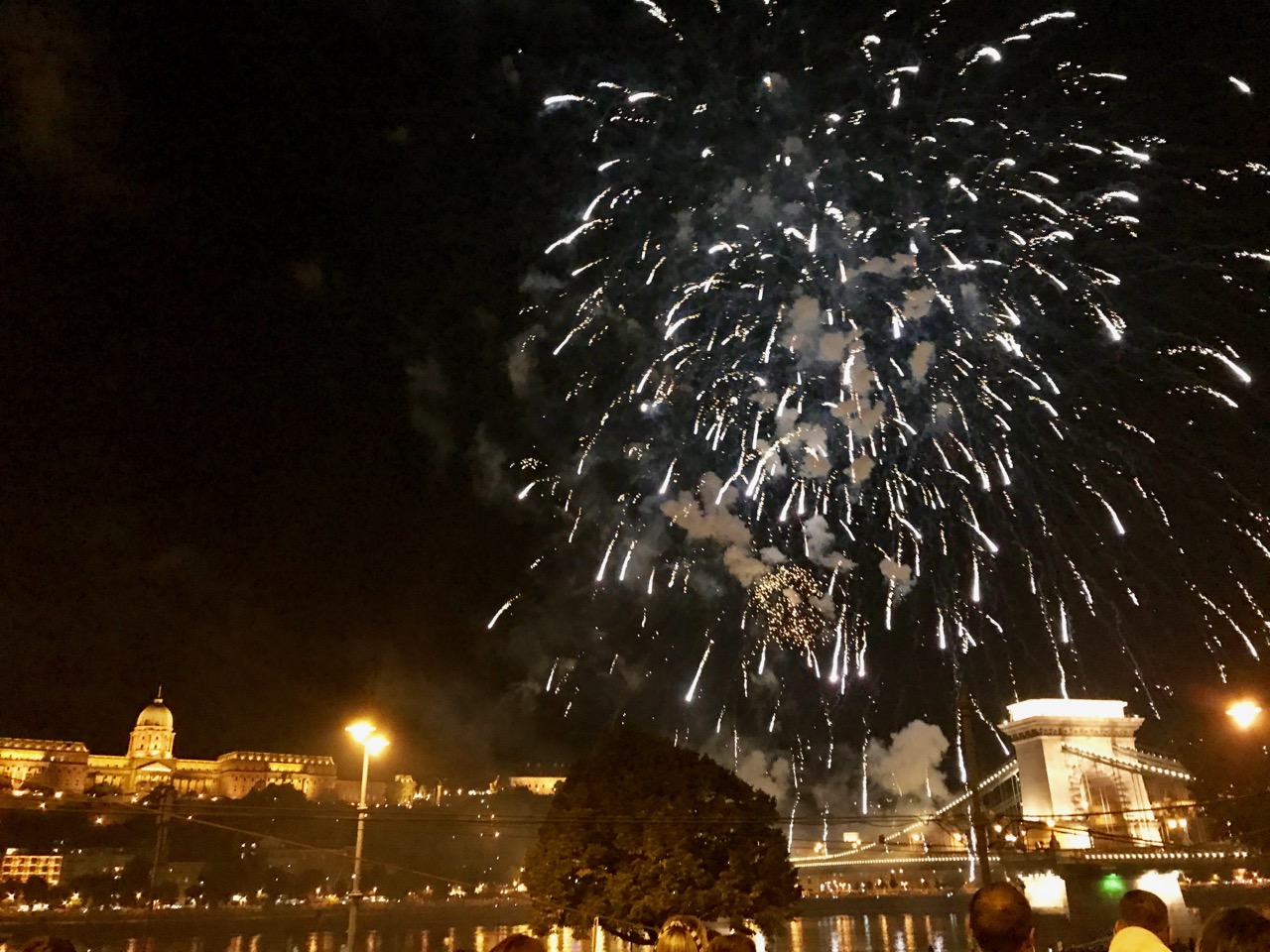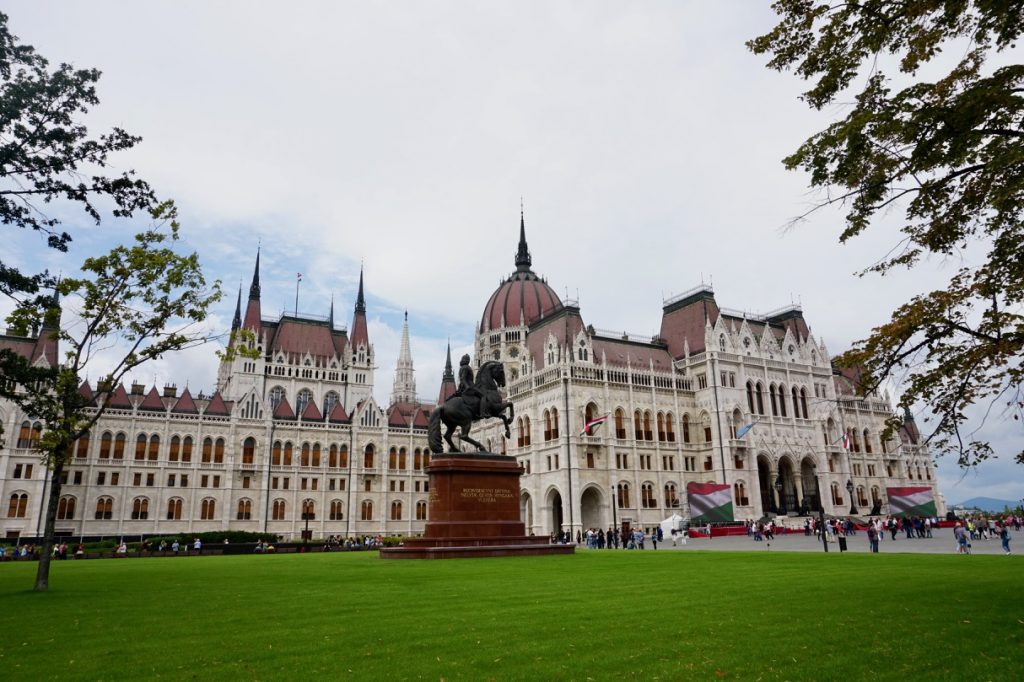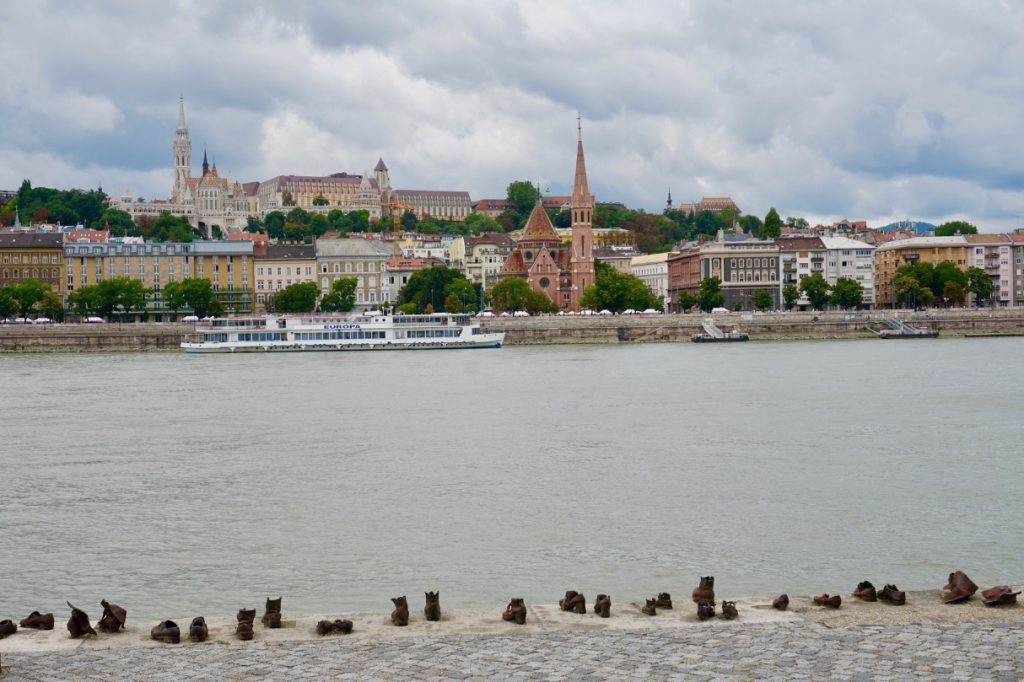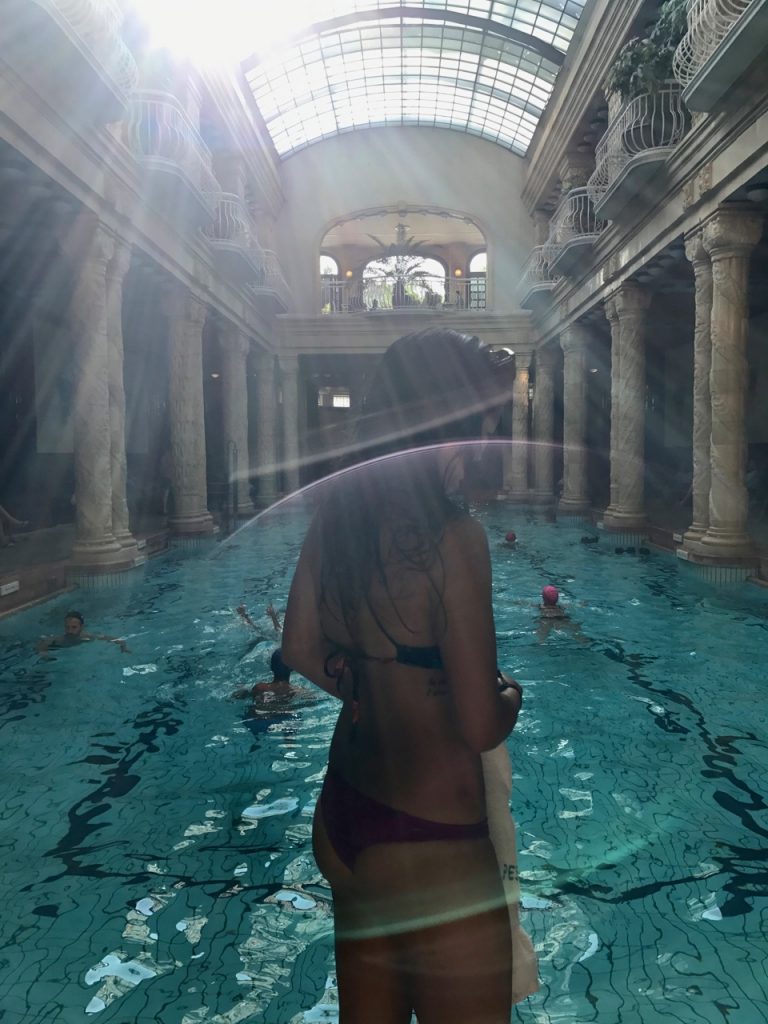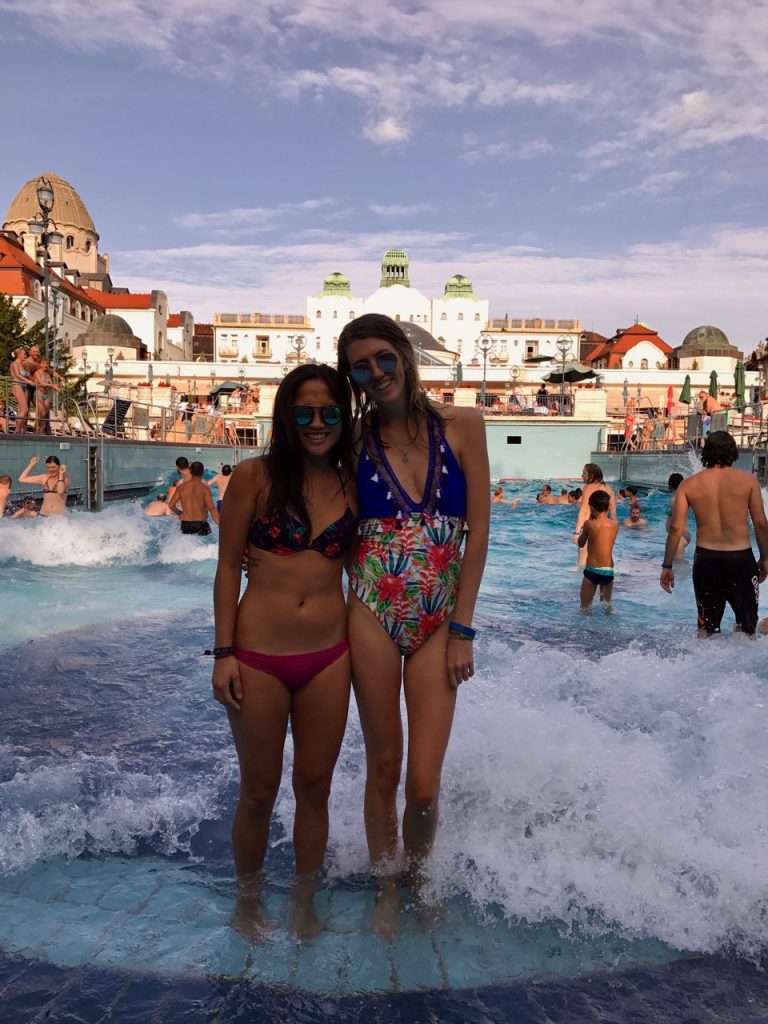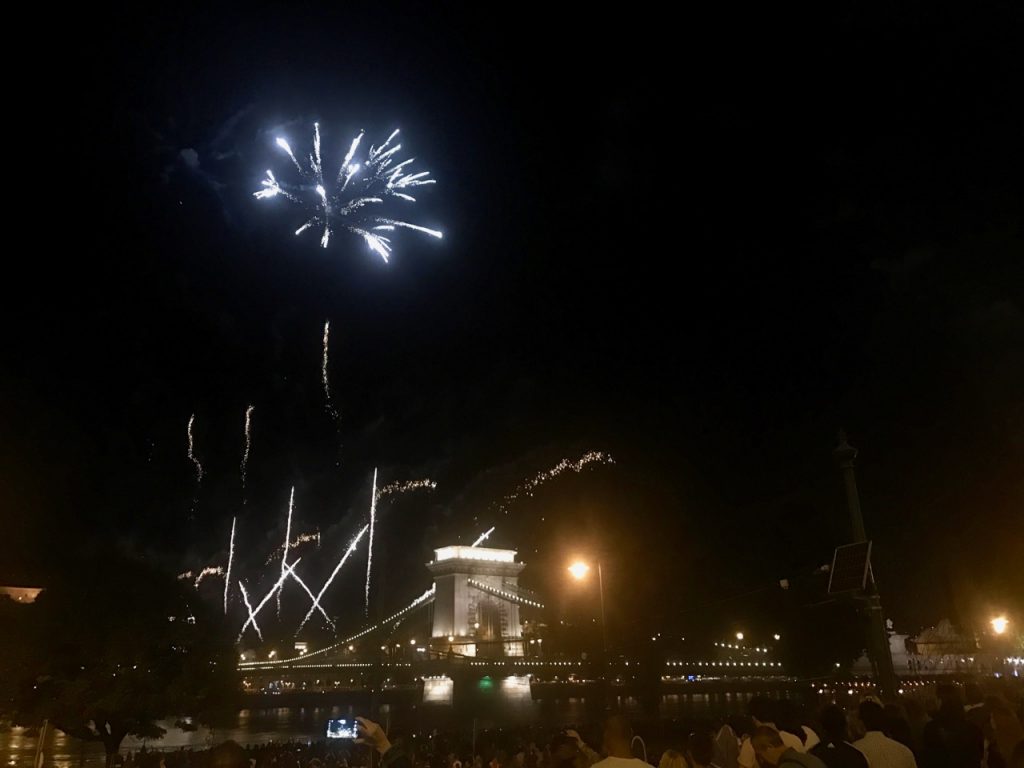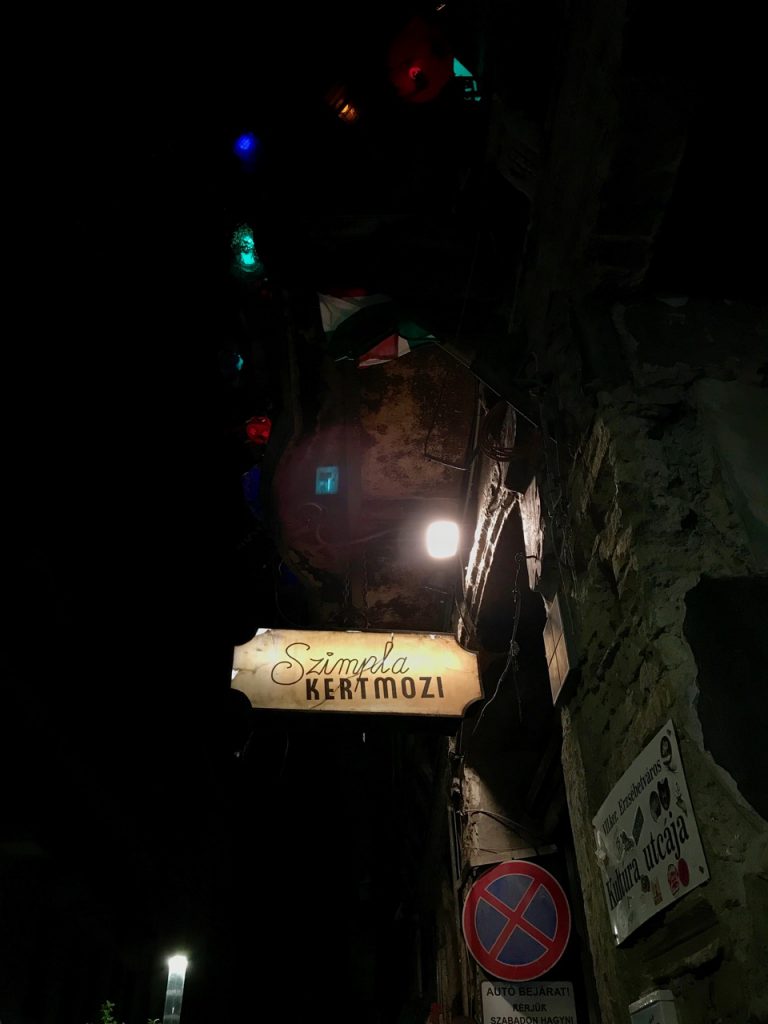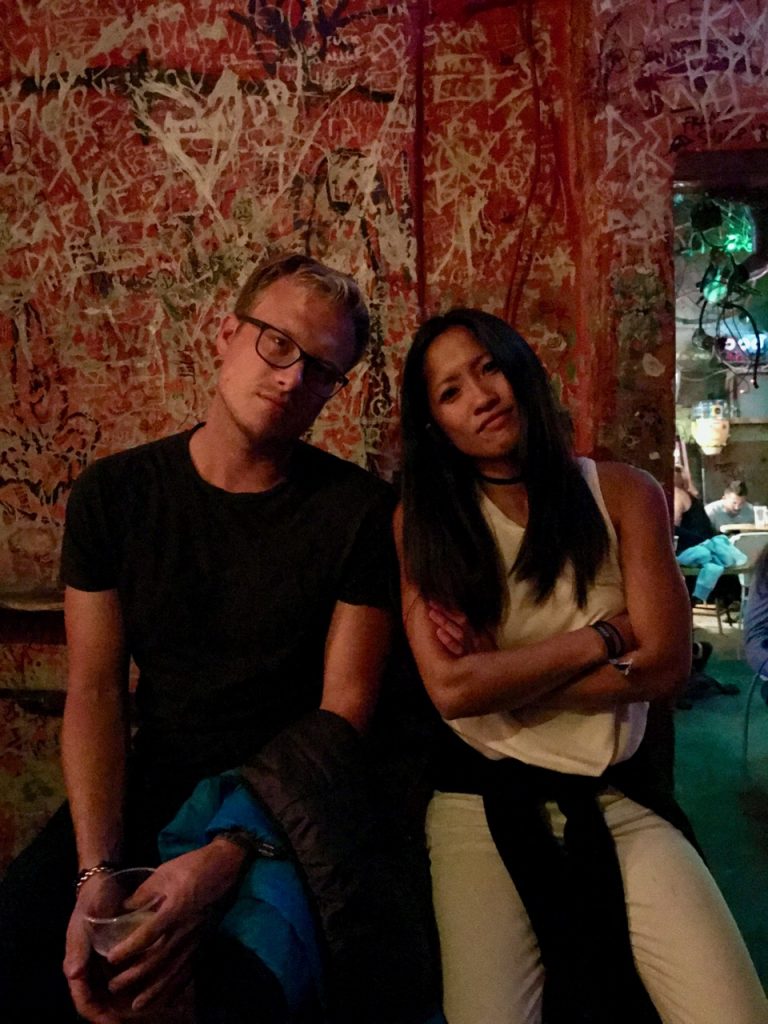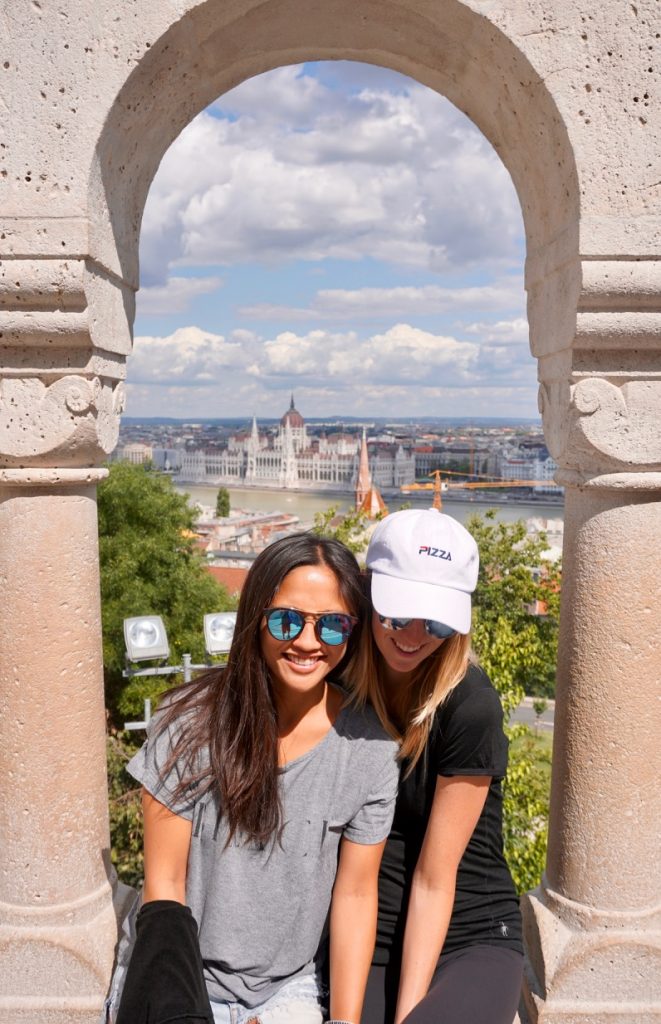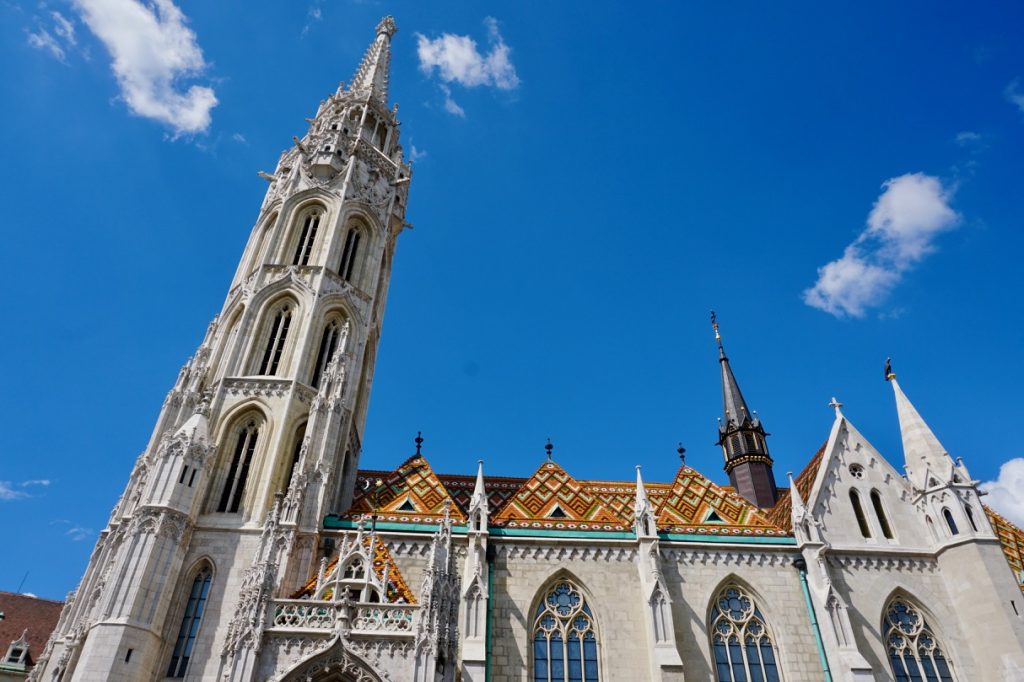The southern french countryside employs a certain quality of life that everyone has seen depicted in countless films and across the pages of books on shelves, and as far as we can tell, they all are entirely accurate. It isn’t graced with grand palaces, and it doesn’t sparkle with the precisely maintained beauty of Paris. There is no vibrant and energetic nightlife. In fact, it’s still and quiet; the type of quiet that makes you want to turn off the music, open all the doors and windows, just to listen to the wind blow through the rows of olive trees. The two horse cart wide roads are restrained to their two hundred year old girth by rows of tall trees, long ago planted in preparation for a grand entrance by a king. Vineyards are announced not by garish signs and billboards, but by simple plaques next to a gate. Wine vines drape on their stakes only over specific plots the land, as if placed carefully and with much consideration and not in the mega industry style of their foreign counterparts.
The days this time of year are warm, but for once not hot. A gentle breeze always gusts at just the right moment. The nights are cool but still invite us outside to watch orange moons with a glass of wine in hand. Three hundred year old farmhouses, now converted to cavernous homes are the only infrastructure dotting the countryside between the one-laned towns. On the lane there are no supermarkets, no speciality coffee shops, no stores that bear a logo of any kind. Mothers pick up their children from the schoolhouse and afterwards stop at the the boulangerie for that evening’s freshly baked baguettes and a sweet treat. Meat is purchased from the butcher and has never known styrofoam packaging covered in saran wrap. Cheese is selected from the formagerie; sometimes there are two. The market is stocked as the Garden of Eden itself would have been; each item perfect, the subject of its own Cezanne painting. Of wine shops there are many; but never is there a giant convenience store fridge filled with cardboard cases of beer. There’s also a salon, always a church, and numerous restaurants all with patios for enjoying a slow meal. Some days the street is closed for the local weekend outdoor market, but only just for the morning. Afternoon’s are sacred and personal. The already peaceful towns become perfectly still, with just the breeze that blows through the leaves. It’s a time the people use to read books with yellowed pages, that smell like libraries, or to take long walks and hunt for fallen almonds, or wild mushrooms. In the evenings the restaurants are always in business but are never crowded or rushed. The rest of the people cook at home, simmering things slowly in glowing copper pans. They pass time outside in the twilight at weathered wooden tables on which sit glass vases filled with white candles inside. The air smells softly of lavender and lemon. In front of them the is expanse of the southern French countryside. Like the trees have sealed in the old king’s road, the residents of this place have sealed in their way of life here away from the rapidly spinning rest of the world.
